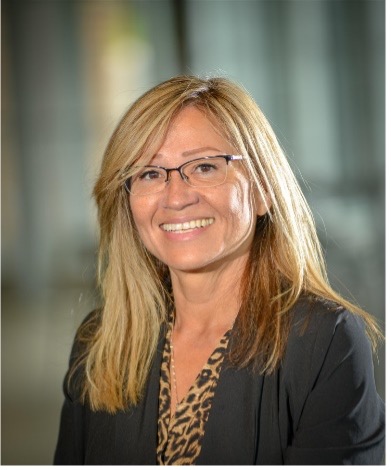Ethics in Crisis Management Workshop

Resilient Ethics - Navigating Integrity During Chaos & Crisis
This one-day course, offered both in person or online, explores ethical principles and decision-making frameworks in crisis management. Participants will learn how to balance organizational interests and incidents with ethical responsibilities, navigate moral dilemmas during disasters, and maintain public trust during and following crises.
Lesson 1: Introduction to Ethics in Crisis Management
Lesson 2: Frameworks for Ethical Decision-Making
Lesson 3: Ethical Communications – Trust, Transparency, and Accountability
Lesson 4: Managing Ethical Dilemmas in High-Stress Crisis Situations
Lesson 5: Ethical Leadership and Organizational Culture
Lesson 6: Applied Ethics in Crisis - Simulation Exercise
Upcoming Offerings
Calgary, AB June 2, 2025
Regina, SK September 11, 2025
(registration opening soon)
New Content
Course Details:
Price: $795.00
Duration: 1 full days of instruction (8:30 a.m. – 5:00 p.m.)
Certificate of Completion Provided
16 continuing Education Activity Points (CEAPs) may be awarded toward recertification if applicable

Suzanne Bernier
A former journalist and government press secretary, Suzanne is now an international, multi-certified, award-winning crisis management consultant, trainer, speaker, and author. She has helped governments, communities and companies plan for, respond to, and recover from disasters for almost 30 years. She currently serves on the Board of Directors for RIE Toronto, and serves as Global Ambassador for Stars of HOPE USA and as an advocate for mass attack survivors.
Suzanne has had numerous career highlights that include being a guest speaker at The White House, developing and delivering the first Pandemic Tabletop Exercise and Action Plan for the United Nations Headquarters (New York), receiving BCI’s Continuity & Resilience Consultant of the Year – North America, and of course, authoring the critically-acclaimed book, Disaster Heroes. She is also a current faculty member of DRI International, acting as their international crisis communications instructor.
"In this new era of crisis management and operational resilience, the issue of Ethics comes up frequently; however, as resilience practitioners, we rarely stop to focus on the ethical aspects of crisis management from a wholistic perspective, including through recent case studies and lessons lived/learned.
Toss in a healthy mix of social media, self-proclaimed 'iReporters' and rapid advancements in AI, and it's clear we need to better understand the area of ethics surrounding crisis management, while also figuring out how to balance organizational interests and incidents ethically, while maintaining public trust and creating safer communities.
From health agencies, to indigenous communities, to governments at all levels, we all have an ethical and moral responsibility to plan for, respond to and recover from any crisis situation in an ethically responsible and acceptable way. By the end of this workshop, you will learn how to better navigate those ethical and moral dilemmas you may encounter during any disaster or crisis."